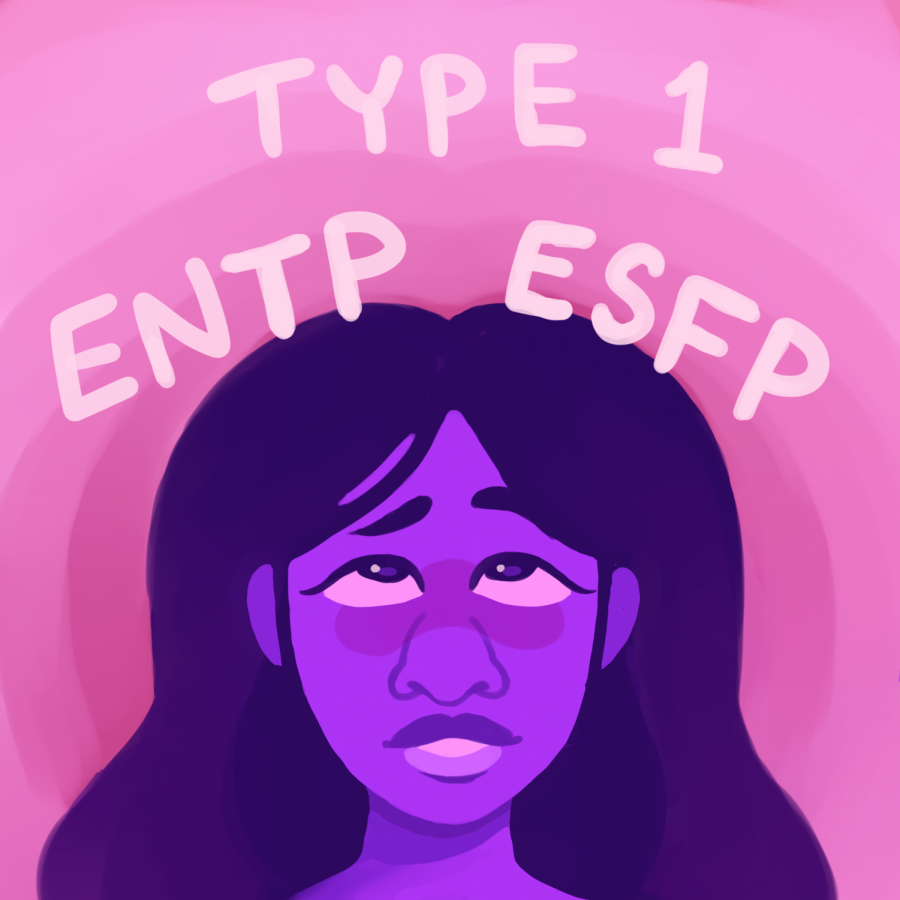UT-Austin students use personality tests to develop relationships, succeed in school
April 25, 2021
Some students cringe when they hear the words “group project,” but one student welcomes the challenge. Using the Enneagram personality test, Caroline Pino said she assesses the strengths and weaknesses of her group and delegates tasks accordingly to enhance the project’s success.
More than 2,000 personality tests can be taken on the internet or from reading books, allowing people to explore themselves on a deeper level and understand their unique motivations and fears. The most popular are the Enneagram, the Myers-Briggs Type Indicator and the Big Five Test, and each reveal different information about one’s personality.
Public relations senior Pino said she has studied the Enneagram, a personality classification system with nine distinct “types,” for three years now, and she often meets other UT students who are eager to discuss their types.
“There’s a lot of growth that happens in your first year of college, so I think that’s why these personality tests get so popular,” Pino said. “You want to know who you are so that you can introduce yourself to people and be really confident.”
Pino said she first discovered the Enneagram test the summer before her freshman year at UT. Since then, she has attended Enneagram conferences, read books on the subject and had many discussions with family and friends.
Pino said she has identified herself as a type four: the individualist.
“When I finally read the description of my type and read all of these different things about why (I) feel this (way and) why (I) do (these things), it honestly just made me feel like I had a sense of community in a weird way or that somebody knew or understood me,” Pino said.
Journalism and advertising junior Cassidy Ellison said she also appreciates the insight the Enneagram provides. She took the test her senior year of high school and continues to study Enneagrams because she said understanding different personality types is important in advertising.
Ellison said she is a type three: the achiever. She said she noticed personal growth after taking the test, especially in her capacity for empathy.
“I’ve (tried) to understand others, where they come from and the decisions they make, instead of automatically saying, ‘I don’t get along with (certain) kinds of people,’” Ellison said.
Although personality tests can have personal significance, psychology professor James Pennebaker said they are not verified by scientific evidence. Pennebaker has studied personality since 1997 and has even developed several personality “questionnaires” of his own. He said even the most popular tests are not always accurate.
“Personality theories are very good at tapping who we think we are,” Pennebaker said. “Now, is that who we (actually) are? Sometimes yes, sometimes no.”
Pennebaker suggests taking personality test results with a grain of salt. He said it’s easy for people to pigeonhole themselves into a category they don’t belong to or use a personality type as an excuse for poor behavior.
“The Enneagram is a double-edged sword like most personality tests are,” Pino said. “When put in the right hands, it can be really helpful for personal growth and community growth. But when put in the wrong hands, it can be really detrimental.”











